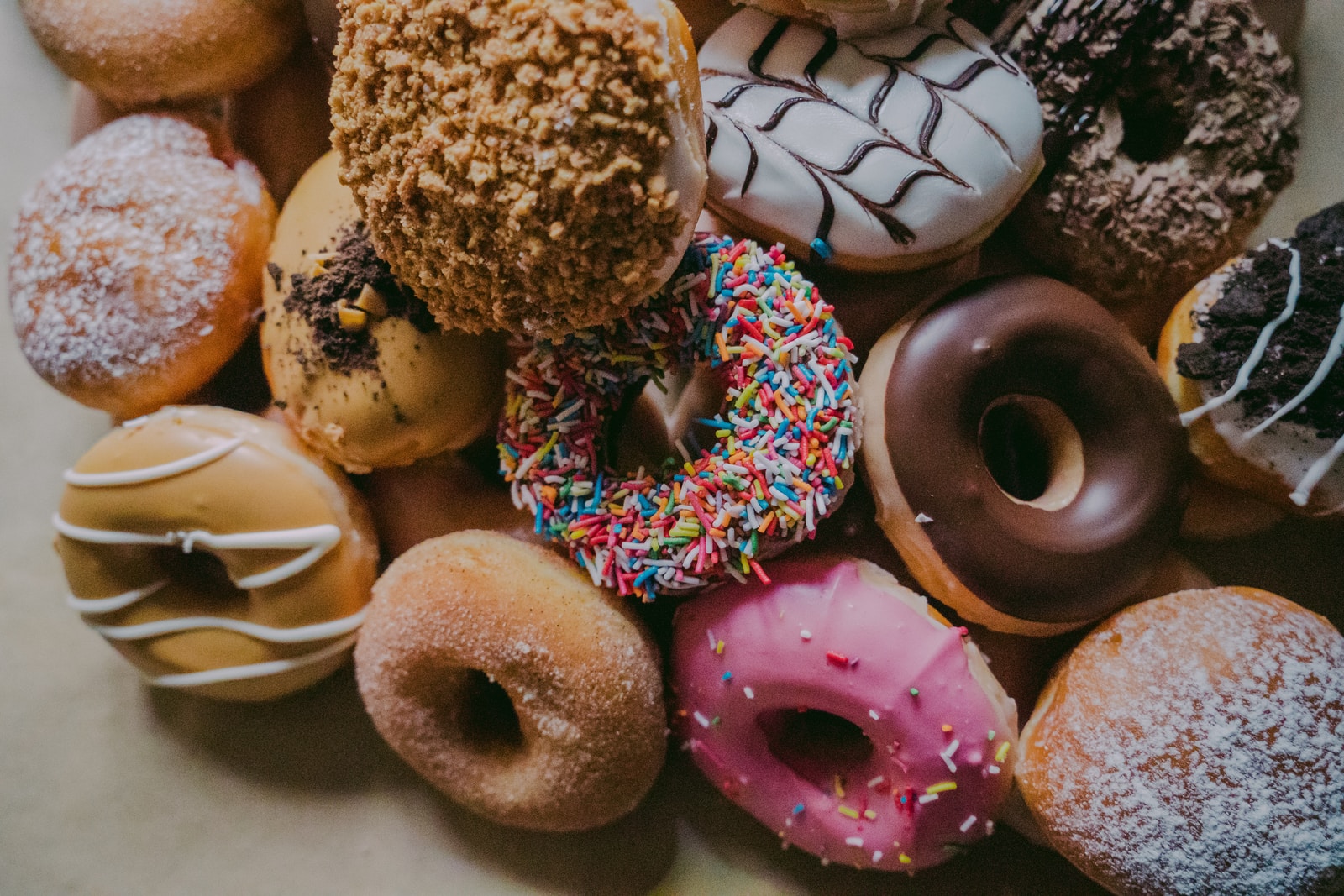Have you every heard anyone compare sugar to cocaine for the brain? I have been thinking lately about how much the media, armchair doctors, and society in general is demonizing sugar.. One major contention is that it is “addictive” in the same way substances like drugs and alcohol are. Is it true? Read on to find out.
The most helpful summary of both sides of the research comes from this video by Abby Sharp, who has a show on YouTube called “Abby’s Kitchen”. Abby is a registered dietitian who has over 400,000 subscribers.
What does the data say? Watch Abbey’s video and my summary below:
Abby first explains that the phenomenon of “food addiction” has been around ofr some time. Yale University developed a sugar/food addiction quiz. If you are curious, you can take it for yourself here. The main flaw associated with this survey was that it was based on anectodal, not data-based criteria. Even though it is not proof that food additcion exists (and really, no evidence of that or the contradicting view exists, experts have stated that it “does provide a standardized tool to identify individuals who are the most likely to be experiencing an addictive response to food.” The questions center around whether you feel like you can control or stop eating certain types of foods once you start eating them, and whether your behaviors with food disrupt your relationships, health, or life in a significant way.
In case you are curious, I took the test and here were my results. Interestingly, this site has other types of personality tests as well. Like this Winnie the Pooh one.

Data-driven studies
Abbey examines in detail different studies involving lab rats given / deprived of sugar and what those results suggest. In a 2005 study, researchers found addictive-like behaviors among rats that were fed sugar intermittently over a 12-hour period. Once the rats ingested the sugar, their brains released dopamine and exhibited binge-like behaviors. When the sugar was taken away, they demonstrated withdrawal type symptoms of anxiety, depression, and restlessness you may see when someone is withdrawing from a hard drug or alcohol.
Later studies concluded, however, that it wasn’t the sugar itself but the INTERMITTENT ACCESS to the sugar that was critical to the devlopment of bingeing. Animals provided “ad libitum” or unrestricted access to sugar naturally offset their food consumption later in the feeding period, thus preventing weight gain.
A 2014 study found, however, that there was no evidence that sugar had the same effect on the brain as dopamine – while dopamine is released, it doesn’t “hijack” the receptors in the brain the same way that opiods can. Dopamine is ultimately a pleasure center in the brain and also gets triggered from playing with a puppy, holding a baby, or listening to music. We derive pleasure from food in the same way we do from mating, which is because both are necessary to prolong our species. In other words, it’s a biological response.
When we face deprivation or calorie restriction, our bodies go into survival mode and become desparate for energy sources from food. Particularly when it comes to sugar, the response is even more pronounced because sugar immediately gets transported to your bloodstream, providing the most immediate form of “relief”. Sugar, in other words, is a preferred source of fuel from an evolutionary perspective. And when access to that food is restricted through deprivation or starvation, the body’s cravings and urgings are merely a survival response. So the binge or “giving in” to the craving isn’t a failure, it’s a natural response.
Conclusion
So in summary: restriction and deprivation catalyze addictive behaviors around sugar. Nevertheless, Abbey concludes we simply don’t know whether sugar additiction is real. The studies are clearly not done on humans, and there are other factors that can shape a person’s relationship with sugar and food.
Also, addiction to anything, including sugar, can feel real to many people. The question is whether complete abstinence is the right answer. There are programs built around this principles, like Overeaters Anonymous. In that program, which is modeled on a 12-step approach, addictions to sugar are treated in a similar way as an addiction to alcohol or other substance. There isn’t such a thing as intuitive drinking or intuitive drug use, so treating sugar like an addiction would mean that it’s not an option to have it around all the time or just have it in moderate amounts.
That’s never the answer we want to hear – as a lawyer, I am always in search of the “truth.” But the truth when it comes to the science of nutrition, diets, and the human body is that there are endless shades of grey.
All of the research article that Abbey cites in her video can be found below.






